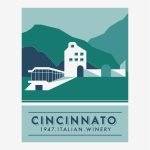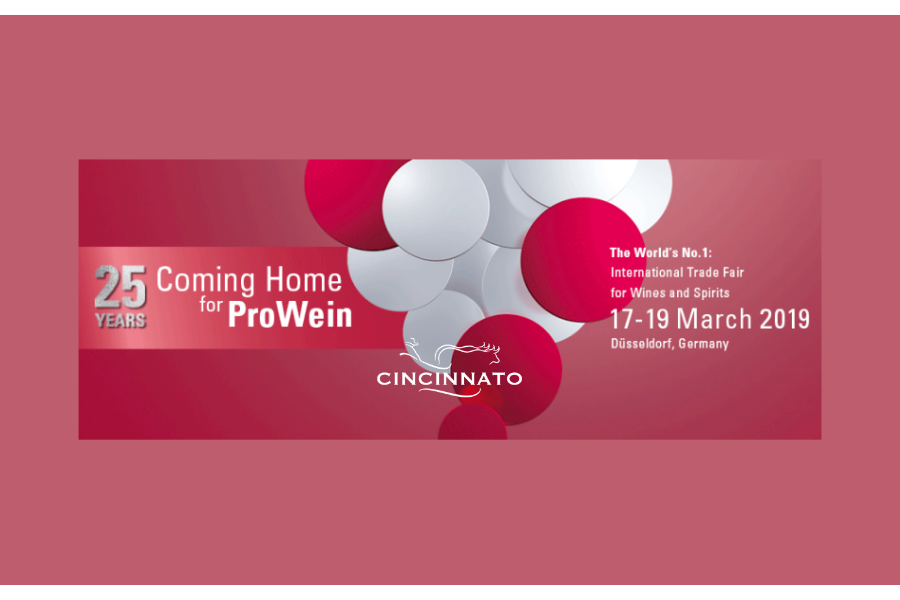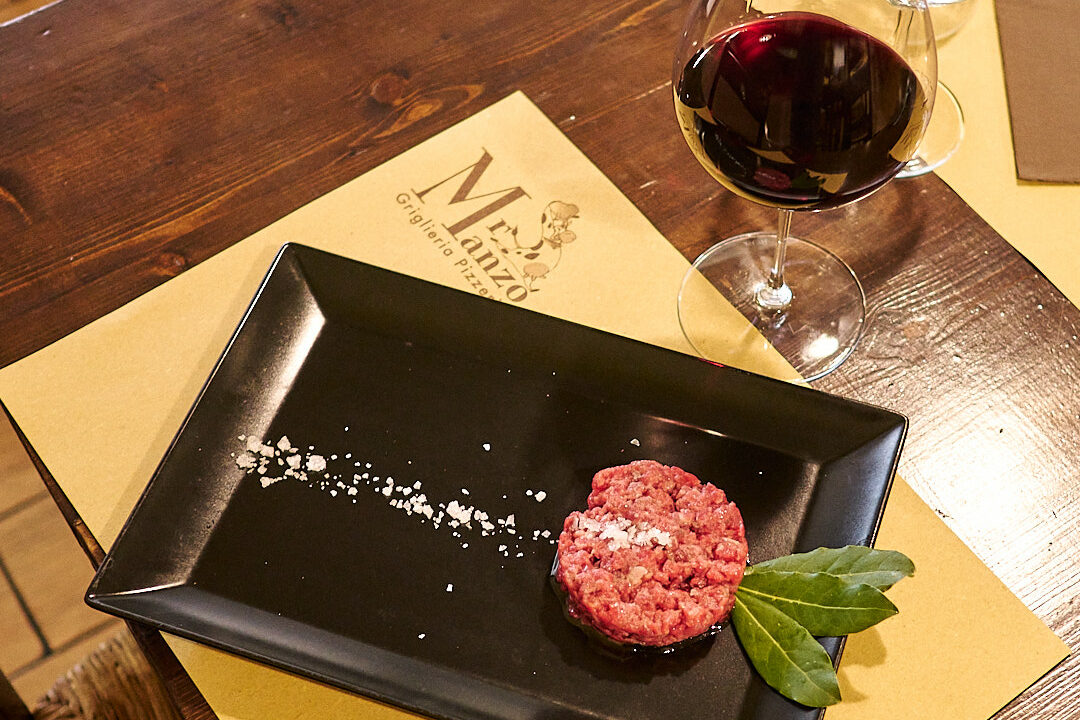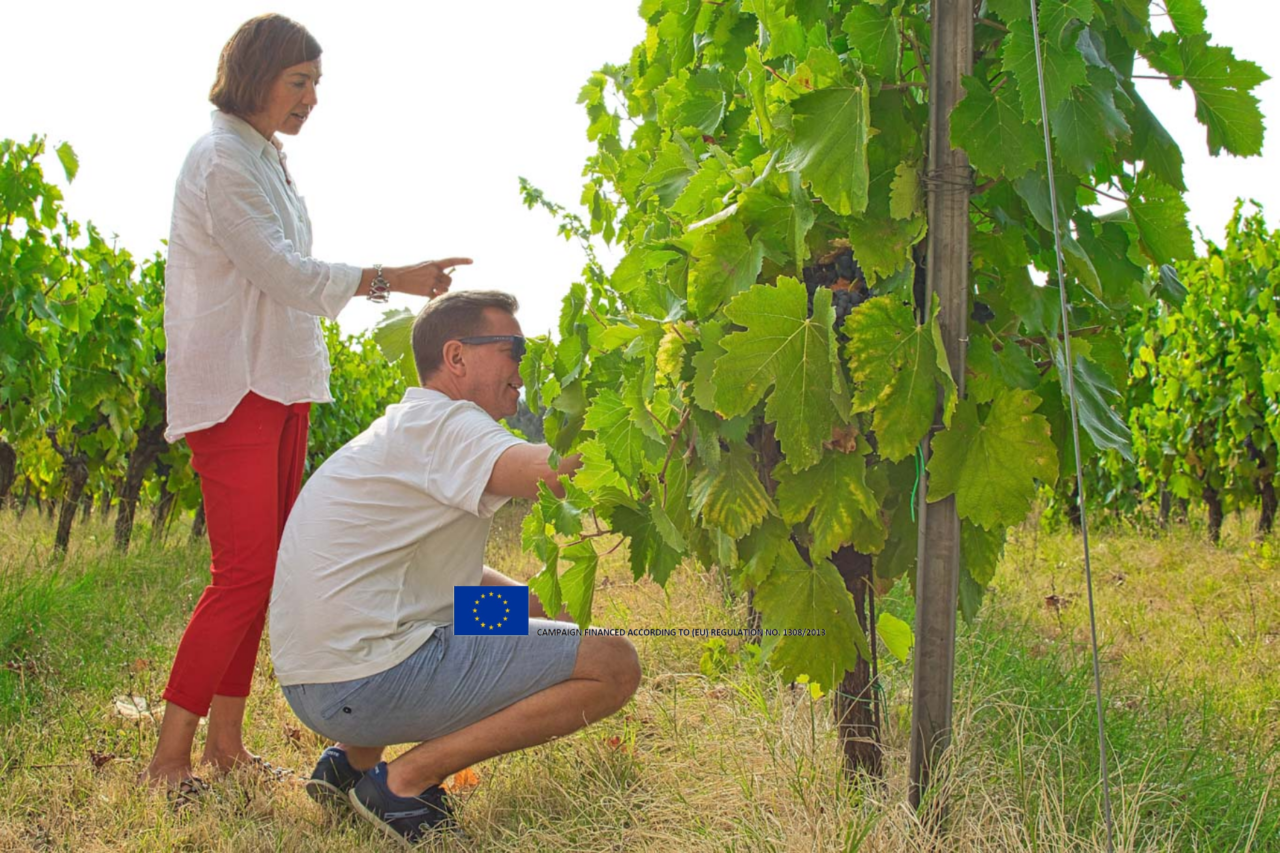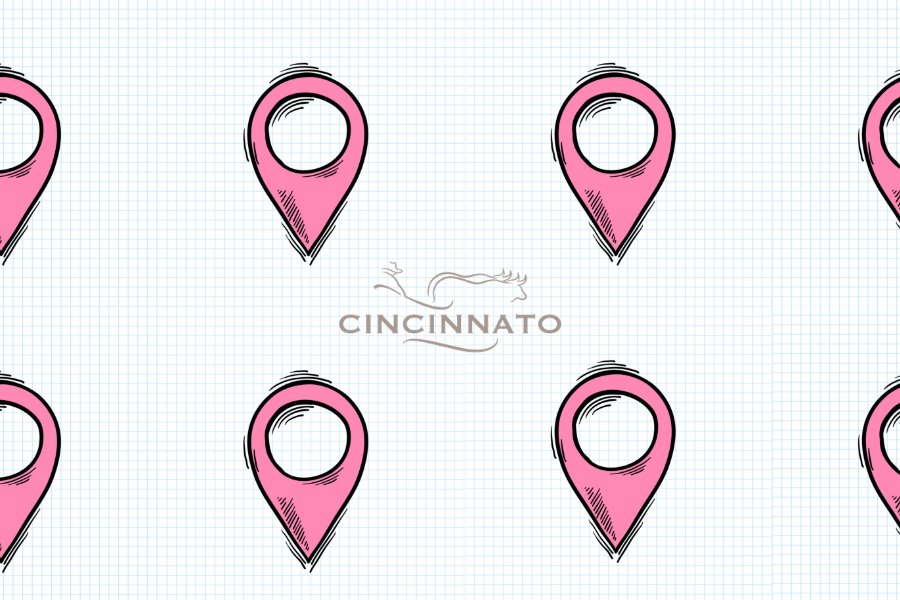A professional journalist but also Lazio regional delegate for the association, “Le Donne del Vino”, Manuela Zennaro walks us through her approach
After the first in the series dedicated to leading figures in the wine world women – the interview with Laura Donadoni and her insight into the US market – Cincinnato now turns its attention to the role of journalism and Lazio potential. We talk to Manuela Zennaro, a journalist specializing in food and wine, who was editor of the consumer magazine Cucina & Vini for a decade before being appointed editor-in-chief of Ho.re.ca. Magazine. Manuela is fascinated by the world of wine, she has been on amateur and professional courses, and in 2013 she became editor-in-chief of Excellence Magazine, interacting with professionals, and in 2017 she also began contributing to national press, like the daily La Repubblica.
Manuela, in your career as a journalist, what’s your favourite “food and wine” story? Is there a character, a district or a product in our agri-food sector that fascinated you more than another?
For some reason people think they have to go far afield to discover the most interesting things. I’ve always been more than ready to do that, but I found the ideas for my best story in Cori, which is only a half-hour train ride from Rome. I accepted Giovanna Trisorio’s invitation for what I thought was going to be a two-hour morning tour. Instead, I discovered such a hotbed of talent and beauty that I stayed all day. It took me a while to put some order in the enormous amount of material I collected, but it was worth it. My article was published by Repubblica.it and was a huge success: over 13,000 interactions isn’t peanuts! And I then understood the importance of finding the right register for talking about a place and its players. My favourite character was the noble and winegrower Andrea Franchetti, a man of timeless charm and out-of-the-box thinker who might have been invented by Emily Brontë.
Apart from being a journalist, you’re also Lazio regional delegate for the association, “Le Donne del Vino”. In your opinion, how and how much has the world of Lazio wine changed recently?
I was elected a year ago, in full lockdown. My deputy Floriana Risuglia and I accepted this difficult challenge and immediately got to work, fully aware of the struggles of the moment. It looks like our enthusiasm was contagious, because we attracted more members and we get along well. It’s also thanks to the association that I fell in love with the wines of Lazio, the region that adopted me many years ago. Lazio winegrowers chose the right quality path a while ago, and today it’s quite difficult to find “poor” wines. But perhaps they had little hope of shifting a die-hard mentality, so they preferred to look beyond national borders and the pandemic has dealt a blow to this conviction. Albert Einstein said that in times of crisis, inventiveness, discoveries and strategies come to the fore. That must be our starting block now.
What do you think Lazio wine’s challenges will be in future, and how can they be overcome?
I believe we have to start from ourselves, the territory around us. We have to pay more attention to the domestic market, focus on the right kind of communication, support the new generations whose intuitions are “rejuvenating” the industry and creating new trends, but without harming the district – quite the reverse. They built a new reputation for Lazio wines and we have to trust them. There’s still a lot to do. For example, it’s crucial for Rome restaurants – especially those offering local cuisine – to realize that the wine list must also reflect the territory. Today they have plenty of choice so they have no excuse. But that’s not enough. They have to recommend those wines to diners, acting as a driving force for local economy and culture.
Finally, thinking about the grim times we’re experiencing, how do you chill or relax? What do you do when you need to recharge batteries or rest?
Every day I need to carve out some time for myself. Compatible with my work commitments, I need an adrenaline hit all through the week, so I do some kind of sport each day: jogging, tennis, gym, pool, rowing. The best time is early in the morning, when I go down to the Tiber and run along the embankment, where the cold energizes me nicely and that carries me through the whole day. In the evening, before dinner, when I’m still alone in the house, I go to the window with a glass of white wine, leave the lights off, and watch people walking down the street. It’s me-time and it’s very relaxing. On Sundays, if I’m at home, I have a morning run and after lunch I become a couch potato until evening. It’s not unknown for me to read a whole book or watch four films in a row.
Our thanks to Manuela for her time and the fascinating ideas she shared with us. We hope to see you all again for the next interview in our series, when we’ll be talking about faraway countries again, turning our attention to Russia, China, South Africa …



